The national skills shortage is creating massive recruitment and training challenges for maintenance organizations across the U.S. To fill urgent maintenance roles, Property Management companies are hiring large numbers of under-skilled talent, often with limited English-speaking abilities and growing their talent in-house.
We recently interviewed Krista Washbourne, former VP of Learning and Talent Development at Lincoln Property Company, to discuss why there’s a growing need for property management companies to better accommodate their primarily Spanish-speaking employees.
Q: Krista, why is it important for maintenance organizations to build training programs that are inclusive of their growing, Spanish-speaking workforce?
Krista: Spanish-speaking associates have always been part of the culture of most property management companies. Being inclusive of these employees — especially in southern states like Florida, Texas and California — strengthens your company’s overall engagement and business efficiencies.
With job vacancies in so many lower-level positions, there is a genuine need to attract and retain talent with an introductory skill set, willing to start “at the ground floor,” and work their way up.
Ultimately, we want to show these team members that we can give them the tools they need to thrive, so they stay with us and grow into the next role.
But first, we need to meet them where they’re at when they start with us. We need to provide onboarding and training in their native language to help them feel supported as new employees with limited English proficiency.
“We cannot afford to turn a blind eye to a huge chunk of our workforce. To do so is unwise for many reasons. Not only do your associates personally struggle, your community, residents and rest of your team suffer too.”
Q: What happens to an organization’s bottom line if they fail to make considerations for their primarily Spanish-speaking workforce in their training programs?
Krista: In my opinion, the multi-family industry as a whole doesn’t do the best job of supporting Spanish-speaking associates nearly as well as we should — and the pain of that can be felt across the board.
As an industry, we cannot afford to turn a blind eye to a huge chunk of our workforce. To do so is unwise for many reasons. Not only do your associates personally struggle, your community, residents and rest of your team suffer too.
At the property level, the community isn’t able to stay as clean and neat as expected without these critical groundskeeper and housekeeper positions continuously filled. They freshen the apartments prior to move-in; it’s critical that each apartment be perfectly ready for a new resident.
They assist at move-out as well, cleaning the apartment after carpet or appliance replacements and make sure the apartments sparkle. They also keep the common areas and the leasing offices stocked and clean. In addition, they keep the grounds pristine and trash areas clean.
As you can imagine, when residents don’t see this commitment to cleanliness and upkeep, your resident experience suffers. When resident experience suffers, online reviews weaken. The end result can be higher turnover and decreased ability to lease by word of mouth or in the face of scathing, negative reviews.
Further, when you’re dealing with ongoing job vacancies, it has a profound ripple effect on the whole team. When entry-level roles go unfilled, higher-skilled employees must step in to take care of things.
For example, if there’s a broken A/C unit that needs urgent repair during a heatwave, your maintenance associate and understaffed community is faced with having to choose whether to tend to the call or let a resident step in dog poop. As you can imagine, both seriously anger residents, and lead to an overworked and frustrated staff.
Spanish-speaking associates curtail a lot of this. They are the “face” of many communities, so it’s very important that we adequately support and prepare them for these essential roles to maintain our workforce, avoid employee turnover and reduce the operational costs incurred from vacancies.
“If your team struggles to effectively communicate with each other, everyone gets frustrated or discouraged, which no one wants.”
Q: Talk about some of the challenges and inefficiencies that can arise when maintenance managers/leaders have language barriers on their teams.
Krista: Spanish-only speaking new employees may pose a challenge when no one else on the team speaks Spanish. Sometimes, you’re forced to train by gesturing, which can eat up a ton of time and cause confusion on the part of both the associate and the one trying to manage or train.
If there happens to be bilingual employees or managers on the team, their role must be split between translating for the new employee and completing their own work.
Further inefficiencies arise if the translating team member is out for the day or permanently leaves that community. At the end of the day, that employee may be left to struggle on their own.
Overall, if your team struggles to effectively communicate with each other, everyone gets frustrated or discouraged, which no one wants.
However, I do want to point out that an associate who speaks Spanish may still understand some or quite a lot of spoken English.
Sometimes, they either don’t feel comfortable speaking it or they don’t read English very well. Anytime you’re reading in a foreign language — and I think this is what most anyone who’s learned a foreign language may feel — you’re generally not as good at it as your own language. So, a lot of important nuances may be lost.
Another big issue on the maintenance side is work orders.
Work orders are completed both online, as well as being left in the apartment by the service team member completing the work, so the resident knows their issue was resolved.
A maintenance tech needs to be able to communicate this in English if they want to get promoted.
They also have to speak with people in their homes. So basic, work-related English needs to be present. If language barriers persist, new employees have no way to progress upward in their careers.
“We want employees to stay. We don’t want them to feel like they’re not a part of the team or that they’re not important.”
Q: Talk about some of the challenges that new employees experience when they’re not adequately supported in their training.
Krista: They are like everyone else on your team — they want to make more money and progress up the ladder in their jobs. So, they need a pathway to do this.
It is imperative that they are given the tools to learn to speak a certain level of English from the get-go, or they really aren’t able to be promoted.
Inclusive training in Spanish does just this. It saves everyone on your team time, energy and frustration.
We want employees to stay. We don’t want them to feel like they’re not a part of the team or that they’re not important. We certainly don’t want them to feel like the fact that they speak Spanish is a permanent detriment to their career.
So, it’s our job to consider some critical questions:
-
- Do they feel like they know what they’re supposed to do?
- Is there someone there on day one who can speak with them in Spanish?
- Is there Spanish training available to them to grow their career?
- Are there processes in place, ideally in Spanish, to make them feel proficient at their job quickly?
Q: How can organizations accommodate their new hires who have limited English-speaking capabilities? What are the top 3 things they can do?
1. Create Onboarding Materials in Spanish
Krista: First, as an organization, we all need to make better first impressions.
This means spending time with new employees during their onboarding process, as a team, and one on one. Make sure there is someone who can speak with them in Spanish to welcome them and get them started.
In my opinion, new employees should also have access to onboarding materials in their native language so they understand fundamental information from day one, like what the company is all about and their employee benefits.
Further, they should have their roles and responsibilities presented to them in Spanish. They must have a clear understanding of what the expectation for their work is and how they’re going to be held accountable for what they do.
2. Offer English Language Learners (ELL) Classes
Second, you need to give them the tools to do their job and set them up for success.
As mentioned before, a certain level of English is required to get promoted, so it’s important that we enable them to get the most out of their careers by teaching them basic work-related English.
This can take the form of sourcing ELL classes for them to get basic English under their belt, or depending on the size of your organization, offering ELL classes internally. Ideally, these classes should be incentivized to encourage attendance and reward growth.
3. Have Spanish Training Content Available
Finally, organizations need to have ready-made bilingual learning materials. This can be done in-house or outsourced to a third party.
At Lincoln, for example, we started off with translating our English onboarding materials in-house. We used our own people who spoke Spanish, paying them as consultants with bonuses for helping us with the content.
That being said, there are challenges surrounding the in-house translation of content. For example, you’re often left without a way to verify the work. Moreover, ongoing updates to training materials need to be made, which can be laborious.
Alternatively, organizations can invest in trusted, third-party training content that is ready to use in both English and Spanish that integrate directly into your Learning Management System (LMS).
Interplay Learning is a maintenance training content provider that I vetted and signed up with before leaving Lincoln Property Company.
Their 3D simulations and VR training for HVAC, plumbing, appliance repair and electrical are what sold me. At the time of signing our contract, they didn’t yet offer bilingual training, but now they’ve launched their platform in Spanish and are starting to roll out all of their content in Spanish.
In my opinion, this is an example of a vendor that’s stepping in to solve this language need in the industry.
“When your Spanish speakers feel excluded in your organization, turnover is always going to be a problem.”
Q: How has Interplay Learning been able to curtail some of the language challenges in property management maintenance?
Krista: I think Interplay has done a really good job of listening to the market. They recognized the need to translate their catalog into Spanish to solve a lot of the pains we feel in property management maintenance. That should become more of the norm for any training provider, because that’s where the world is headed.
With training translated into Spanish, or even having options for Spanish subtitles, it can solve a number of challenges:
-
- Your employees can understand the technical side of their job in an engaging way, leading to faster time to job proficiency and less communication frustrations.
- With the ability to switch the platform from English to Spanish and vice versa, employees can start to learn the English equivalents for technical terms. They’ll speak or understand English even better through taking the training.
- Pre-made and custom learning paths help move lower-skilled technicians into more advanced roles and encourage them to stay with your organization to grow their careers.
Q: Any final thoughts, Krista?
Krista: When your Spanish speakers feel excluded in your organization, turnover is always going to be a problem.
It’s critical that we make proper accommodations for our limited-English speaking associates so we can build a bigger and better highly skilled maintenance workforce that’s excited to work with us. The results will impact our physical properties, residents and our maintenance teams profoundly!
What can you do today to start working toward creating this inclusive, welcoming environment for your own native Spanish speakers on your teams?

Krista Washbourne
Former VP of Learning and Talent Development, Lincoln Property Company
Krista Washbourne recently joined Interplay Learning as a multi-family and training consultant. Her 20+ years of apartment management experience has encompassed corporate marketing and learning roles, most recently as the Vice President of Learning & Talent Development for Lincoln Property Company, the second largest apartment owner/manager in the country.










